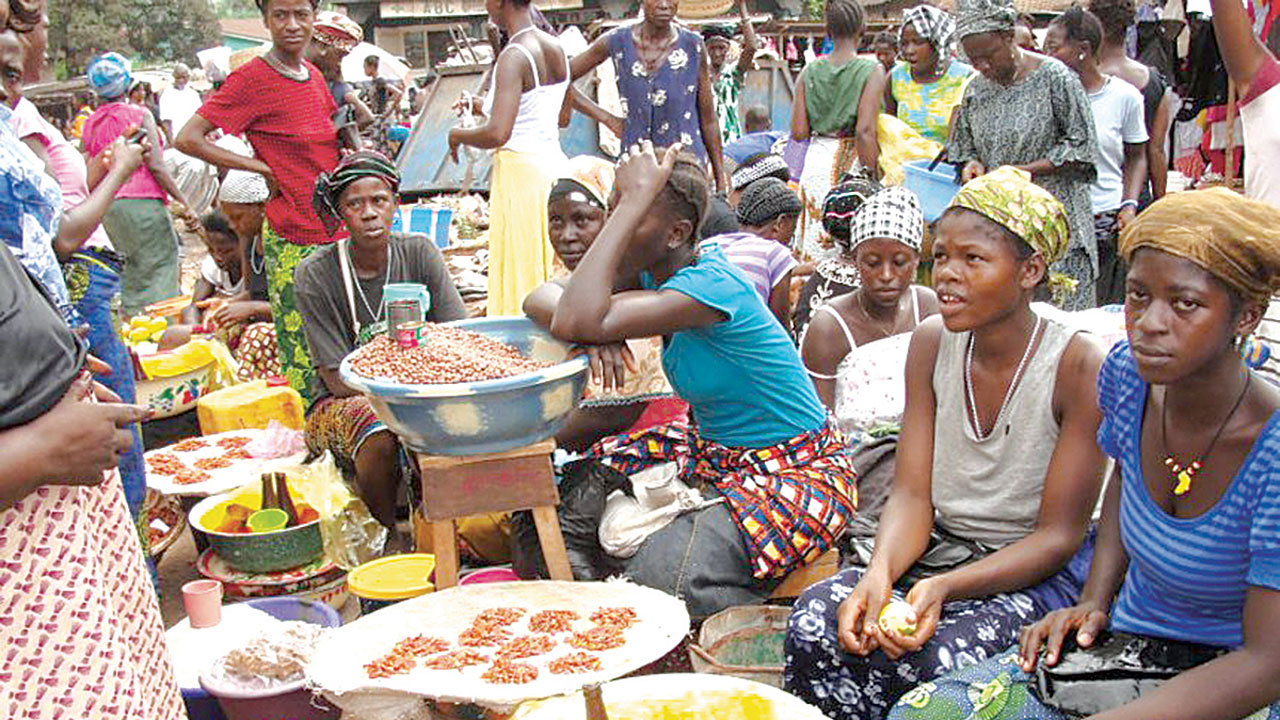Economy
How To Apply: FG shares link to apply for N50k cash grants

The Small and Medium Enterprises Development Agency of Nigeria (SMEDAN) has initiated a range of strategic programs aimed at fostering entrepreneurship, stimulating economic growth, and enhancing the capacities of micro, small, and medium enterprises (MSMEs) throughout the nation.
A primary component of these initiatives is the SMEDAN Conditional Grant Scheme for Micro Enterprises, specifically designed for nano and small businesses.
This scheme provides conditional financial grants to assist nano enterprises in workforce development and the procurement of essential equipment. Its objective is to promote job creation and ensure business sustainability at the grassroots level. Click link to apply

Vice President Shettima
Beneficiaries, which include kiosks, vulcanisers, recharge card vendors, and other petty traders, will receive financial assistance tailored to their specific needs. Each nano business that hires at least one employee will be eligible to receive N50,000, thereby promoting employment and bolstering local economies.
Interested entrepreneurs may apply through several designated channels, including online portals, application forms, and specific government offices. Applicants are required to submit comprehensive documentation and project proposals that comply with the program’s guidelines, with an emphasis on the necessity of hiring at least one employee. The initiative aims to support projects that enhance the competitiveness, productivity, and sustainability of MSMEs. Such projects may encompass investments in technological advancements, infrastructure development, capacity building, market expansion, and innovation initiatives.
The grant amount is firmly set at N50,000 per beneficiary. Participating micro-enterprises can expect to realize various advantages, including improved operational performance, enhanced competitiveness, increased market access, job creation, and overall enterprise growth and development. Link to apply: grant.fedgrantandloan.gov.ng.
This scheme is part of the broader intention of the Nigerian government to stimulate small business development on a national scale. Vice President Kashim Shettima recently inaugurated a cutting-edge information and communication technology center for MSMEs in Cross River State, reflecting the current administration’s commitment to equipping entrepreneurs with essential tools and skills.
During the inauguration, Vice President Shettima announced that each distinguished MSME recognized would receive an unconditional grant of N50,000. He emphasized that this financial assistance serves as a gift to facilitate their business growth rather than as a loan. Furthermore, additional initiatives include a N75 billion MSME Intervention Fund through the Bank of Industry, a N50 billion Presidential Conditional Grant Scheme targeting one million nano businesses, and N75 billion allocated to support manufacturers, enabling each eligible manufacturer to access up to N1 billion at low interest rates.
As the government implements the Presidential Conditional Grant Scheme to support nano businesses across the nation, it has earmarked significant financial resources to ensure that these initiatives benefit all local government areas. This comprehensive framework underscores a robust commitment to enhancing the entrepreneurial landscape in Nigeria.













